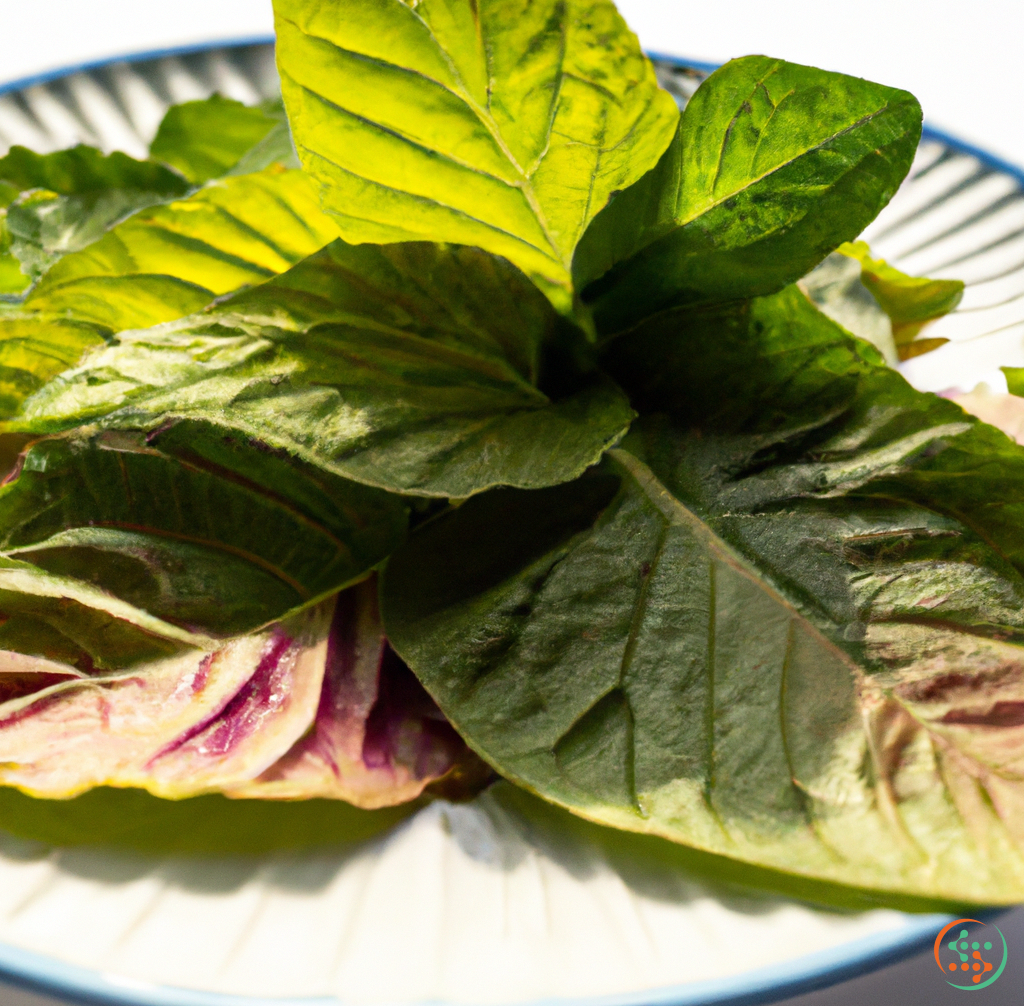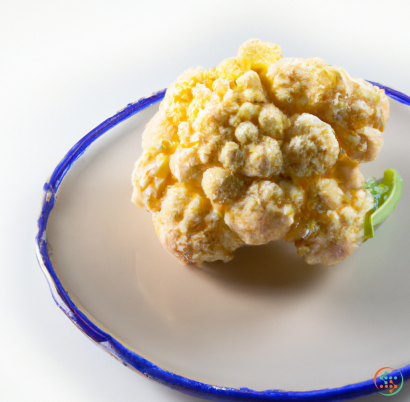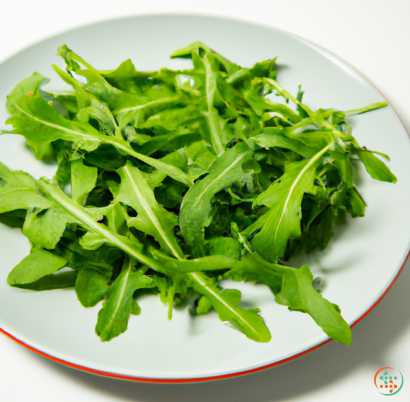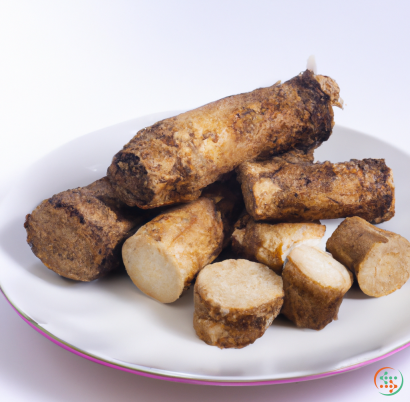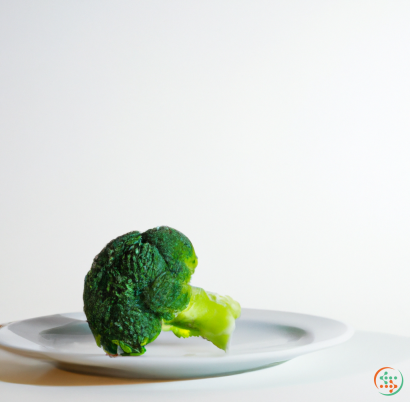Amaranth Leaves
and its health benefits
Amaranth leaves, also known as "dhantu" or "pigweed" in India, is a nutrient-rich herb with a pleasant cinnamon-like flavour. It has been a staple in the traditional Indian diet for centuries, but over the past few years, its popularity has increased dramatically in other countries. As its name suggests, it’s become a popular superfood for individuals looking for a plant-based alternative to grains and legumes.
Amaranth leaves are a good source of nutrition and have many valuable health benefits. It is full of essential nutrients such as vitamins A, C and K, iron, magnesium, phosphorus, potassium and zinc. It also contains sixteen different amino acids and fibre, which can help to improve the functioning of the digestive system. This type of plant-based food contains lysine, which is important for preserving lean muscle mass and reducing cholesterol levels.
Amaranth leaves are known to be extremely beneficial for overall health. They have anti-inflammatory properties, which can be incredibly beneficial for individuals with inflammatory conditions such as arthritis. Studies also suggest that regular consumption of amaranth leaves can help to reduce the risk of certain types of cancer.
Amaranth leaves are high in a compound called squalene. This compound has strong antioxidant properties, which can help to protect the body from free radicals and oxidative damage. Free radicals are unstable molecules that are associated with ageing, cancer and heart disease. By protecting the body from these unstable molecules, amaranth leaves can help to lower the risk of these illnesses.
In addition to their antioxidant and anti-inflammatory properties, amaranth leaves are also believed to have anti-diabetic properties. Studies suggest that they can help to reduce insulin resistance, improve metabolic health and normalize blood sugar levels. A 2013 study also found that regular consumption of amaranth leaves could lower total cholesterol and LDL (bad) cholesterol levels.
The niacin found in amaranth leaves can help to promote healthy skin, hair, eyes and liver. It is also believed to have anti-ageing properties. Regular consumption of amaranth leaves can help to improve skin health, reduce the signs of ageing and even help to reduce the risk of skin cancer.
In order to get the most out of amaranth leaves, it’s best to consume them in their raw form. This can be done by adding them to salads or stir-fries. Alternatively, they can be cooked or steamed and served as a side dish. Amaranth leaves can also be powdered and used as a gluten-free flour in baked goods.
Overall, amaranth leaves are a nutrient-rich superfood with numerous health benefits. They can be consumed raw or cooked, and can be added to a variety of dishes to boost flavour, nutrition and health. By regularly consuming amaranth leaves, individuals can enjoy improved heart health, lower cholesterol levels, reduced inflammation and improved skin health. It’s an excellent choice for individuals looking for a plant-based alternative to grains and legumes.
Amaranth Leaves: From Plant to Plate
In the world of food and nutrition, there are numerous plants that offer a variety of health benefits without compromising on flavor. One such plant is the Amaranth, an ancient grain plant native to Central America with a history stretching back thousands of years. Amaranth leaves are the edible leaves of this plant—nutritious and often eaten as a side dish in Central American cuisine—and this blog post will explore how they make it from plant to plate.
The Amaranth Plant
Amaranth is a versatile herbaceous plant in the family Amaranthaceae; noteworthy species include Amaranthus cruentus also known as red leaf amaranth and Amaranthus viridis, also known as green leaf amaranth. While there are approximately 75 species in this family, the red leaf and green leaf varieties are the most commonly used for consumption and medicinal purposes. Both amaranth species thrive in warm and tropical climates and can survive even in nutrient-deficient soils.
Amaranth has several attributes that distinguish it from typical grains grown for cereal production. In addition to having some gluten-free characteristics and more essential amino acids than grains containing gluten, amaranth has a slightly nutty flavor and a chewy texture, making it an excellent source of nutrition for vegetarian and vegan meals.
Moreover, amaranth is highly protein-rich, containing between 11% and 16% protein. While most of the proteins contained in amaranth are essential amino acids, some are non-essential amino acids, whereas others are present in trace amounts.
Amaranth Leaves
The edible parts of amaranth are primarily the leaves, which develop in a variety of colors, shapes, and sizes at different stages of the plant’s growth. In general, amaranth leaves are oval or diamond-shaped, with upper leaves being smaller than those at the lower portion of the plant, and can be either flat or lobed.
Amaranth leaves are high in vitamin C, dietary fiber, calcium, and magnesium; they are also rich in phytochemicals and antioxidants, both of which make them a popular choice among health-conscious consumers. In addition, amaranth leaves contain calcium oxalates, which have been found to have anticarcinogenic properties, as well as flavonoids and other phenolic compounds which impart anti-inflammatory, anti-oxidative, and anti-hyperglycemic effects.
Harvesting
The amaranth harvesting process depends upon the flowering stage and the specific growing conditions in which it takes place. Once the leaves have achieved an adequate size, usually when the plant is about knee-high, one can begin cutting and gathering the leaves. On the other hand, when the plant has reached its full height, all of the leaves can be harvested and then further processed, if required.
To begin the harvesting process, farmers carefully cut off the entire amaranth plant and set it aside. As the leaves die, they can be removed and stored in a cool, dry location. Once they are dried and ready, they are gathered up and stored in containers until ready for consumption.
Cleaning
When the amaranth leaves have been harvested and stored, they need to go through a cleaning process before they can be used in cooking. The leaves should be rinsed and drained, then spread out on a clean surface. If the leaves are tinged with dirt or mulch, these can be removed before further processing.
Blanching
Once the leaves have been washed, they must be blanched. This is done by briefly submerging the leaves in boiling water, then immediately transferring them to cold water. This process helps to preserve and intensify the flavor of the leaves. When blanching, it’s important not to leave the leaves in the boiling water for too long, as this can also reduce their nutritional value.
Drying
Once blanched, the amaranth leaves must be dried. This can be done by air-drying or sun-drying, depending on the climate and availability of resources. To speed up the drying process, it’s best to spread out the leaves in a single layer on a light-colored tray and place them in direct sunlight for an hour or two. Doing so will reduce the moisture content of the leaves and make them less prone to spoilage.
Packaging
Once the amaranth leaves have been dried, they must be packed for storage and/or sale. This can be done by placing the leaves in airtight containers or vacuum-sealed bags. Proper packaging is important to ensure that the leaves remain fresh and free of contaminants.
Storage
Once the leaves are properly packaged, they need to be stored in a cool, dry place such as a refrigerator or freezer. This will help to preserve the leaves and prevent them from spoiling while they wait to be used.
Cooking and Serving
When it comes to cooking and serving amaranth leaves, there are many possibilities. They are most commonly served as a side dish, included in salads, or added to soups and stir-fries. They can also be roasted, steamed, or boiled, grated into a paste, or even fried. When cooked, amaranth leaves have a slightly nutty flavor and retain some of their crunchy texture.
When preparing amaranth leaves for culinary use, it’s important to ensure that they have been properly washed and blanched, as this helps to retain the beneficial properties of the leaves. Moreover, it’s best to cook with minimal oil or fat to prevent the leaves from becoming greasy. Finally, it’s also important to remember to discard any wilted or bruised leaves, as these are likely to be sour or bitter in flavor and can spoil the taste of the dish.
Conclusion
Amaranth leaves are an incredibly versatile and nutritious plant-based food that can be used in a variety of dishes. Not only do they offer a range of vitamins and minerals, but they also provide an array of phytochemicals and antioxidants, making them a healthy option for plant-based eaters. From harvesting to cleaning, blanching to drying, packaging, storage, and finally cooking and serving, the journey of amaranth leaves from plant to plate is an interesting one that is covered in detail here.
| Vitamin A | 0.146 mg | |
| Vitamin K | 0.00114 grams | |
| Vitamin C | 0.0433 grams | |
| Vitamin B1 | 0.03 mg | |
| Vitamin B2 | 0.16 mg | |
| Vitamin B3 | 0.66 mg | |
| Vitamin B5 | 0.06 mg | |
| Vitamin B6 | 0.19 mg | |
| Vitamin B9 | 0.085 mg |
| Calcium | 0.215 grams |
Daily Value 1.3 g
|
| Iron | 0.00232 grams |
Daily Value 0.018 g
|
| Magnesium | 0.055 grams |
Daily Value 0.4 g
|
| Phosphorus | 0.05 grams |
Daily Value 1.25 g
|
| Potassium | 0.611 grams |
Daily Value 4.7 g
|
| Sodium | 0.02 grams |
Daily Value 2.3 g
|
| Zinc | 0.9 mg |
Daily Value 0.011 g
|
| Copper | 0.16 mg |
Daily Value 0.9 mg
|
| Manganese | 0.89 mg |
Daily Value 0.0023 g
|
| Selenium | 0.9 ug |
Daily Value 0.055 mg
|
| Tryptophan | 0.031 grams | |
| Threonine | 0.099 grams | |
| Isoleucine | 0.119 grams | |
| Leucine | 0.195 grams | |
| Lysine | 0.127 grams | |
| Methionine | 0.036 grams | |
| Cystine | 0.029 grams | |
| Phenylalanine | 0.133 grams | |
| Tyrosine | 0.08 grams | |
| Valine | 0.137 grams | |
| Arginine | 0.121 grams | |
| Histidine | 0.052 grams | |
| Alanine | 0.139 grams | |
| Aspartic Acid | 0.229 grams | |
| Glutamic Acid | 0.292 grams | |
| Glycine | 0.132 grams | |
| Proline | 0.121 grams | |
| Serine | 0.111 grams |
| Total Sugars | 0.131141 grams |
per 100g
|
| Palmitic acid (16:0) | 0.07 grams |
|
| Stearic acid (18:0) | 0.01 grams |
|
| Total Saturated fatty acids: | 0.08 g | |
| Oleic acid (18:1) | 0.08 grams |
|
| Total Monounsaturated fatty acids: | 0.08 g | |
| Linoleic acid (18:2) | 0.15 grams |
|
| Total Polyunsaturated fatty acids: | 0.15 g | |
